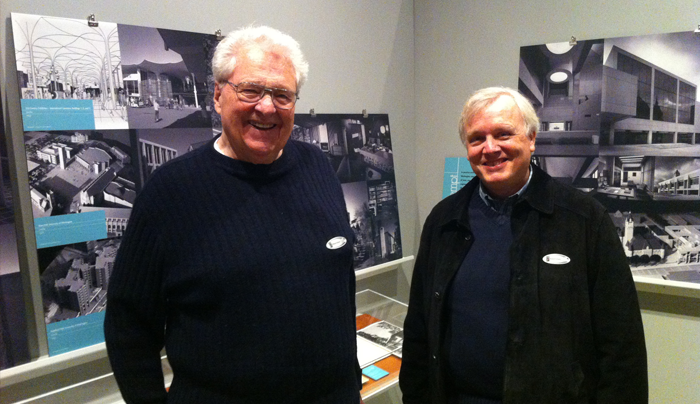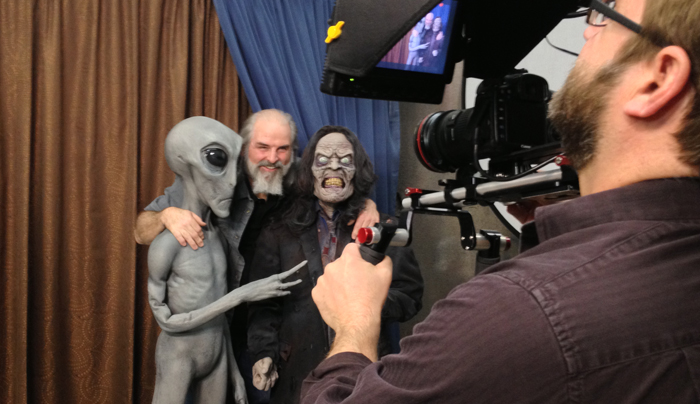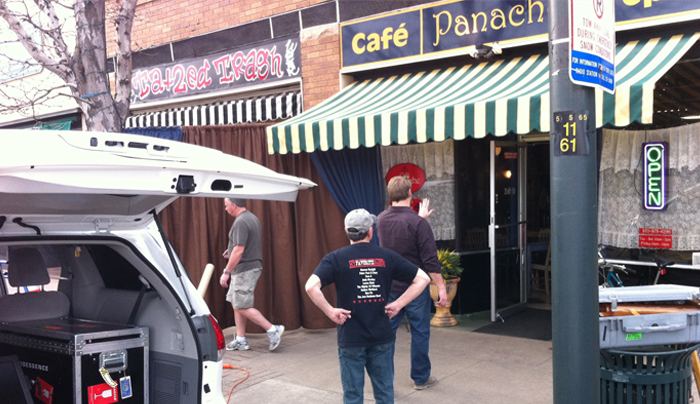In a comment on yesterday’s post, regular reader and photographer extraordinaire (and, full disclosure, long-time friend) Derek Helt raises an interesting question: Because the use of physical media for storing and playing music is generally perceived to be “outdated technology,” is Spokane actually ahead of the curve by not offering a full-service music store?
Let’s open this up for a little discussion. (Yeah, I know, there are only three or four people who read this blog, but try to humor me. I’m genuinely curious.) How many of you regularly purchase CDs or LPs? If you do, where do you get them? And are your tastes in music such that you don’t need to go too far out of your way to find what you’re looking for? And for those of you who download your music from iTunes or Amazon or a similar provider, do you purchase individual songs? Entire albums? Do you listen to your music primarily through earbuds or headphones, or through loudspeakers?
I’ll go first: I buy music almost exclusively on CD. Why? Because unless you’re purchasing lossless files, digital downloads are compressed to such an extent that dynamic range is compromised. That’s fine if it’s the flavor-of-the-month hip hop song, but not so good when it’s Bruckner. Plus, I dig the album art and liner notes. I purchase most of my CDs at Amazon; sometimes I buy directly from record labels or other outlets (ArkivMusic, Burning Shed, Discipline Global Mobile, et al.) if Amazon doesn’t have what I’m looking for. My tastes run from Stockhausen to Bowie to Coltrane to Bach to the Dead. I listen with headphones at work and over a stereo at home.
Your turn. Tell us about your music-buying and -listening habits.
posted by: Aaron Bragg | category: random thoughts | make a comment






